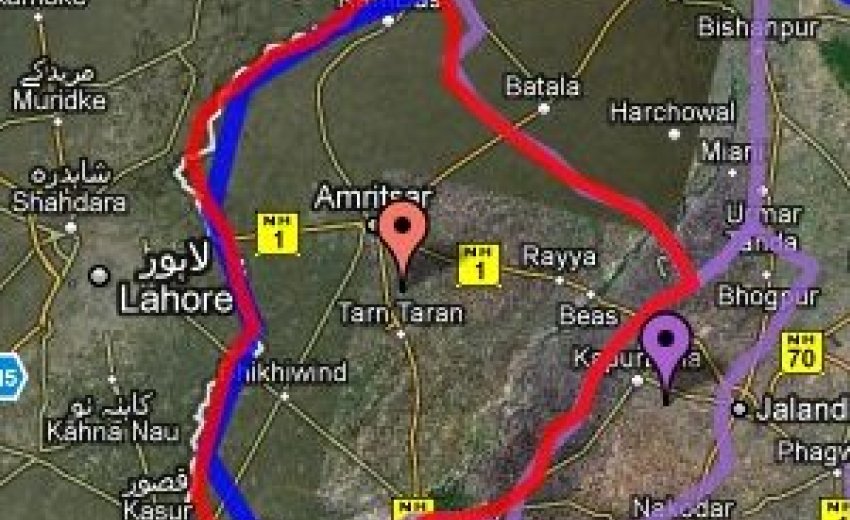 NEW DELHI: The Union Cabinet last Thursday decided to rename Amritsar's Rajasansi International Airport to Sri Guru Ram Dass Jee International Airport.
NEW DELHI: The Union Cabinet last Thursday decided to rename Amritsar's Rajasansi International Airport to Sri Guru Ram Dass Jee International Airport.
Guru Ram Dass Jee was the fourth of the 10 Gurus of Sikhs and was the founder of Amritsar. The Airport Authority of India ( AAI) operates and manages the airport, which is suitable for operations of large aircraft like Boeing 767 and jumbo B747 in all-weather conditions.
The Cabinet decided to provide greater impetus to its commercial ties with Indonesia, by opening a Consulate in Bali. It approved to create four India-based posts, including that of Consul General at the level of a joint secretary, besides six local openings.
"The opening of the Consulate General of India in Bali will strengthen India's traditional bonds with Indonesia and also improve its protocol, commercial and consular presence in the island," a spokesperson said.
The CGI in Bali would also be beneficial to the local PIO community, which comprises over 230 families within Bali itself, apart from some more Indian and PIO families in neighbouring East and South Kalimantan.
An Indian Cultural Centre was established in Bali in 2004, which has done exemplary work in propagating yoga, Indian culture and performing arts.
With increasing popularity of Bali as a holiday destination, the number of Indian tourists going there has also swelled to about 20,000 annually. This has put enormous pressure on the meagre resources of the Indian Cultural Centre in Bali.
A National Centre for Molecular Materials (NCMM) -- the first of its kind in the country to pursue high-end science and develop technology -- will be set up in Thiruvananthapuram. The Cabinet cleared the establishment of NCMM as an autonomous institute at a cost of Rs 76.7 crore for five years. The outlay for the 11th Five Year Plan has been fixed at Rs 14.55 crore. The Centre would be located on 40 acres of land provided by the Kerala government free of cost.
The Cabinet also cleared the proposal to amendments to the Merchant Shipping Act, 1958, to introduce rules in line with the international convention for removal of wrecks, as India will be acceding to the convention soon.
"The Cabinet approved the proposal to accede to the Nairobi International Convention on the Removal of Wrecks, 2007, and to proceed with the amendments to the Merchant Shipping Act, 1958, which will become necessary, consequent to the accession of the said Convention," a government statement said.
The Nairobi Convention, adopted by 64 countries including Germany, the US and China, establishes uniform international rules and procedures to ensure the prompt and effective removal of hazardous wrecks from the coastal waters of the respective country.
Aiming at improving navigation safety and maritime security, the Convention also provides a firm jurisdictional basis for dealing with hazardous wrecks.
